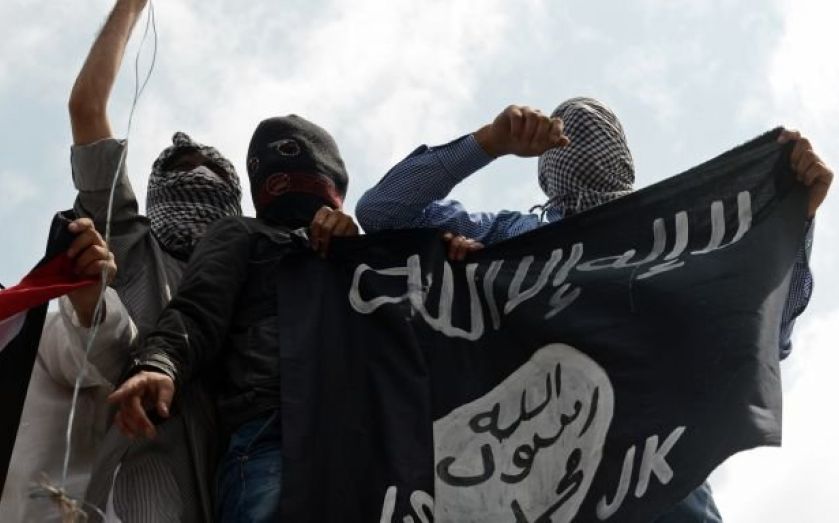| Updated:
Threat of Islamic State to the UK is enough to require ground troops, says think tank

Today's parliamentary debate will determine whether or not the UK joins America and its Arab allies in carrying out airstrikes against Islamic State (IS) militants in Iraq.
It follows on from Prime Minister David Cameron's declaration earlier this week that the UK is “ready to play its part” in the campaign against the extremist group currently controlling much of Syria and northern Iraq.
However, while the Conservatives, Lib Dems and Labour are all in support of the strikes, Cameron has made it clear that they will be limited to Iraq and not Syria, and that there will be "no boots on the ground".
But a parliamentary briefing compiled by think tank the Henry Jackson Society (HJS) argues that ground troops and action in Syria may well be necessary to successfully tackle IS, such is the threat posed by the group to the UK and other western nations.
According to the CIA, there could now be as many as 31,000 IS fighters spread between Iraq and Syria, and the ease with which IS is managing to spread extremist material to a global audience via social media means this could go up.
In its briefing, the HJS says that by “combining the use of Twitter and Facebook with the exploitation of smaller anonymous file-sharing websites, the group’s propagandists have been able to distribute large amounts of extremist propaganda.”
It argues that this increases the risk of British citizens being encouraged to go and join them: “Islamist fighters continue to provide online advice and encouragement for British citizens wishing to travel to Syria, and upload graphic images and posters glorifying violence to social media platforms.”
This in turn gives the group “the potential to inspire a terrorist attack on a domestic target in the UK.”
Meanwhile, it says the aggressive rhetoric used by the group is indicative of an intention to harm not only those individuals who fall into their hands in the Middle East, but to individuals worldwide. This week, for example, an IS spokesman called on the group's supporters to "[K]ill a disbelieving American or European […] including the citizens of the countries that entered into a coalition against the Islamic State … kill him in any manner or way however it may be."
As a results, the HJS does not believe that current methods are enough to fight IS. “Obama – as well as Cameron – have so far been unequivocal in their refusal to send ground troops back into Iraq. This will likely make any aim of destroying the group impossible to fulfil,” it says.
It claims that the deployment of US and UK special forces would help by allowing counterterrorism operations to be conducted, intelligence to be gathered, and advice to be given to Iraqi and Kurdish forces.
It also says that action should be extended beyond Iraq to Syria, since affiliation with Assad's regime would not legally be required – so far, this has been one of the main factors stopping western governments from targeting IS in Syria.
Under Article 51 of the UN Charter, it explains, the coalition “does not legally require consent from Syrian President Bashar al-Assad because of Syria’s unwillingness and inability to repress IS’ actions emanating from its territory that continue to threaten Iraq.”
The report concludes that the UK must shoulder the burden of containing the danger IS poses, alongside our US and coalition allies, through the exercise of its “full political and military power to help stem this severe threat to our national security.”